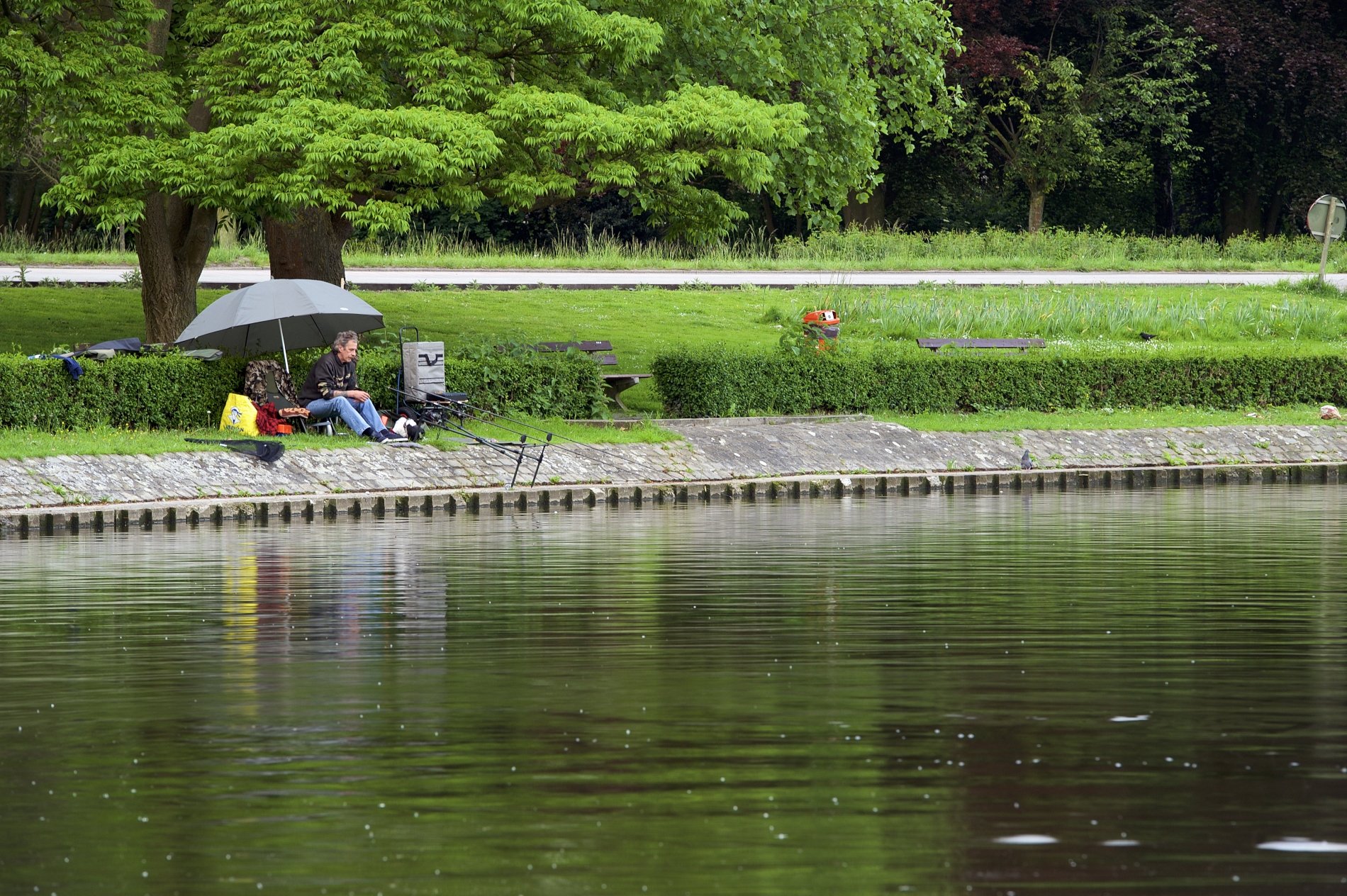Achieved outcomes and impacts:
In the first year (2015), initiatives collected a total of €70,000 and 80% of the submitted projects raised enough money for implementation. During the first period of the platform (2015 - 2019), 75 initiatives were launched on the platform and collectively collected more than €175,000. This amount was donated by more than 3,500 donors. 27 of the 75 initiatives reached their funding targets. From 2015 through 2022, close to €500,000 was collected from almost 10,000 people. A total of 140 initiatives have been put on the crowdfunding website. However, most initiatives have a cultural focus compared to (socio-)ecological projects. The proposed initiatives may be relatively small in size. However, as the crowdfunding platform is running for a long period and accumulating funded initiatives, these can be combined to generate a larger ripple effect. Successful initiatives can inspire other citizens for similar initiatives or be upscaled. For example, other cities started similar initiatives that were successfully implemented in Ghent.
Success factors and lessons learned:
The instrument stimulates bottom-up initiatives and the involvement of local stakeholders to create a more sustainable and livable city and offers a new financing mechanism for citizens and local organizations to implement their ideas in the city. The platform is easy to find, accessible, collects all initiatives in one place and is promoted by the city, which combined contributes to the increased exposure of local initiatives. To ensure that people with limited computer skills can also submit proposals, the platform manager can also be reached via phone or mail and has allocated time to fill in applications in person. Furthermore, successfully funded initiatives have local ownership and proven public support. The city did offer co-funding during the platform’s first years and did support the attractiveness of the instrument for interested parties to propose initiatives. Moreover, to increase attractiveness for private investors, they can become eligible for fiscal benefits. Companies, organizations, foundations, associations, etc. who make a donation are able to bring the expenses in as tax deduction. Citizens or “regular” donors cannot enjoy this benefit. A learned lesson about the crowdfunding platform is that the city cannot control the platform's outcome or topics that get suggested, assuming they meet the minimum requirements. For example, there are more cultural initiatives than environmental initiatives. Also, the implementation of initiatives are not always successful as the initiators are not necessarily experienced with project management. Past cases have shown that communication is extremely important for initiators to reach their funding goals and successfully implement their project. Besides offering the platform which initiators can use for their communication, the city also provides tip and tricks for communications campaigns.

